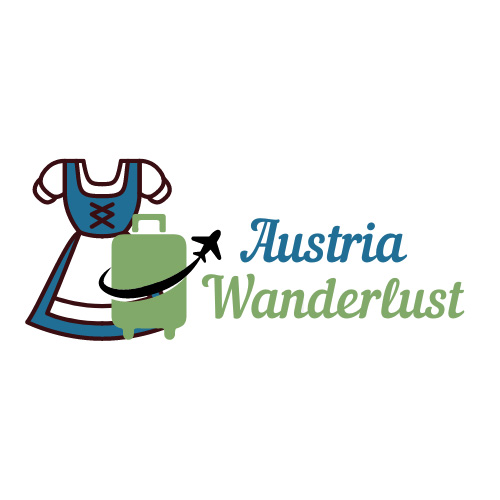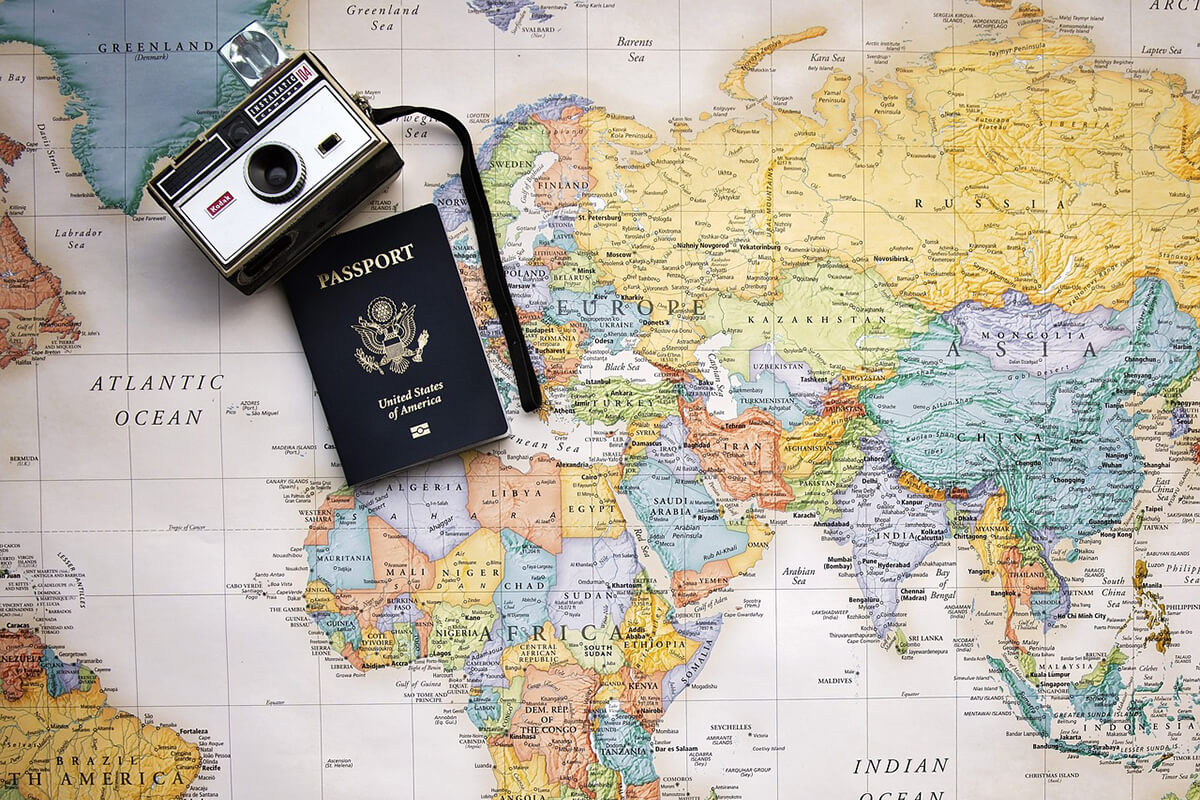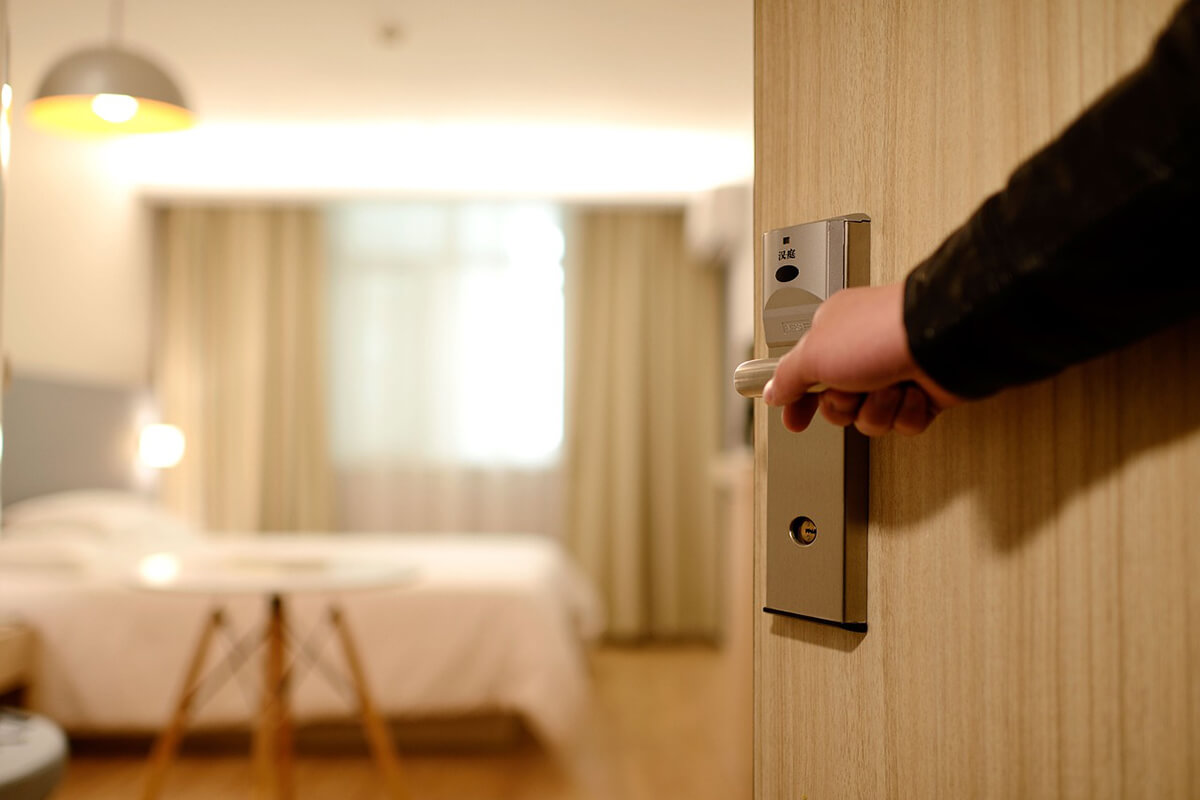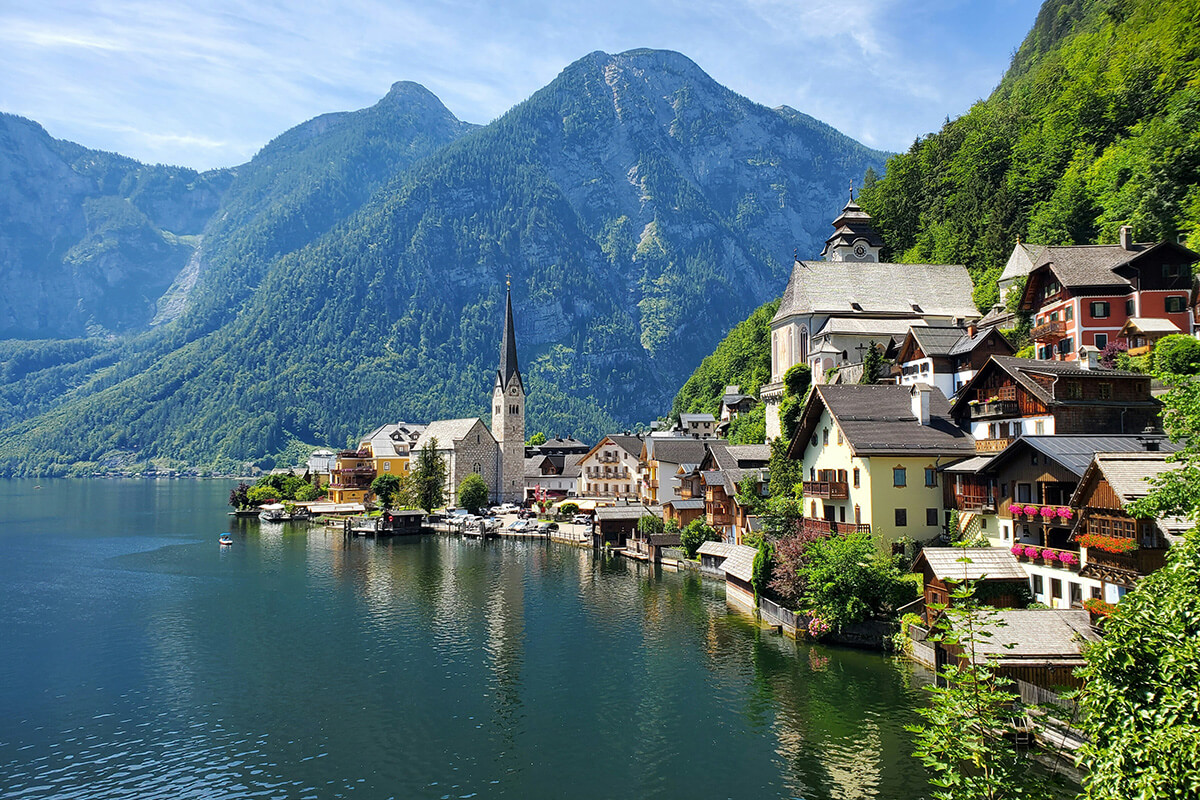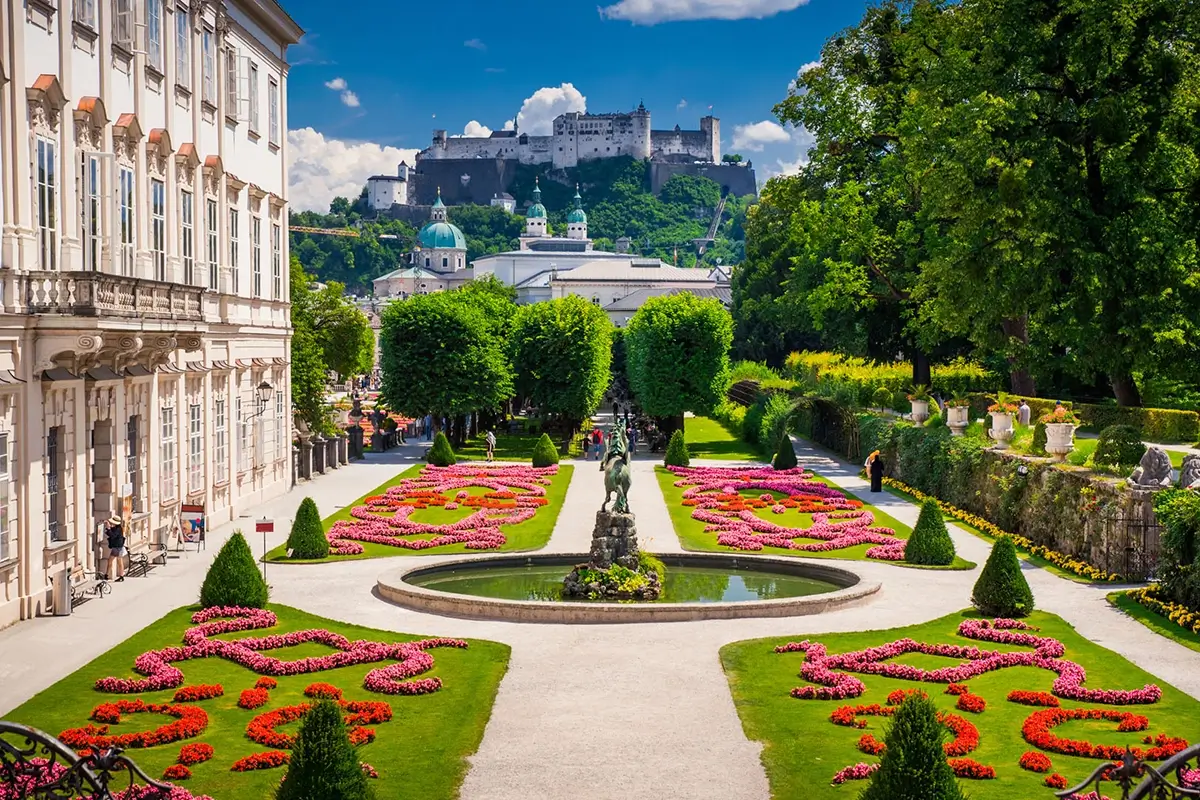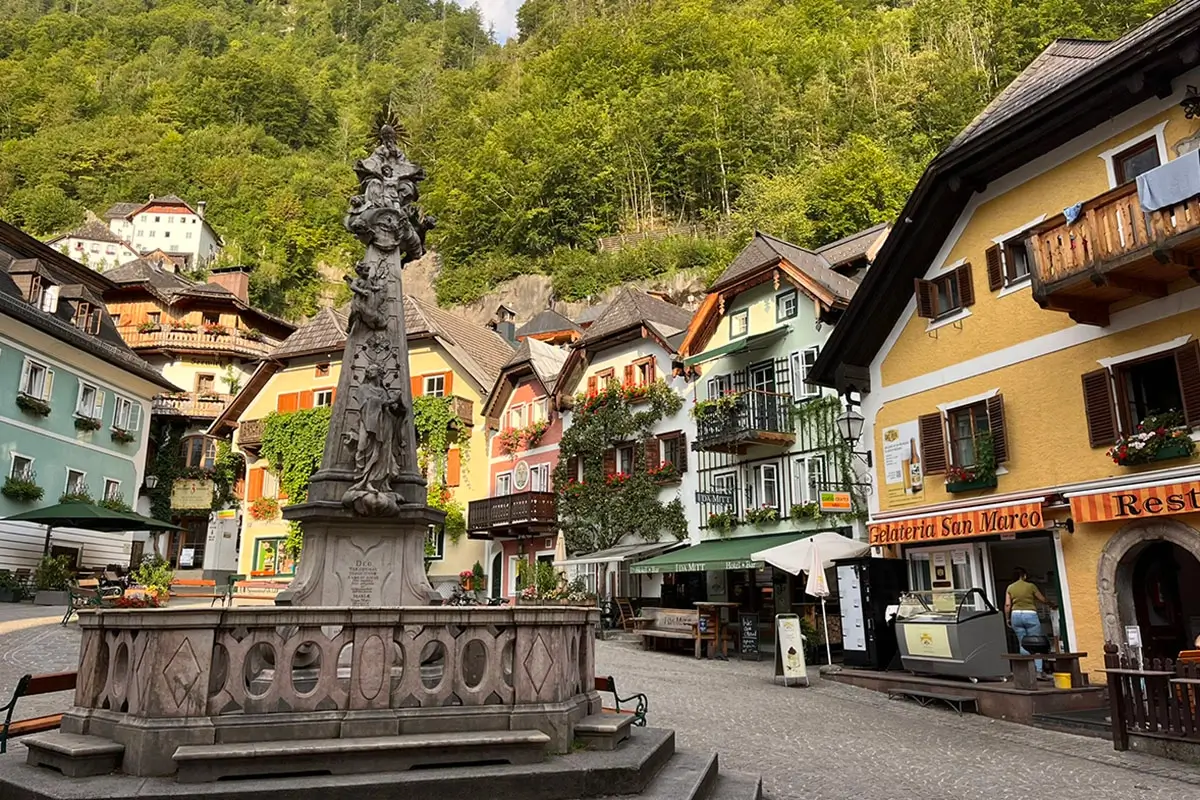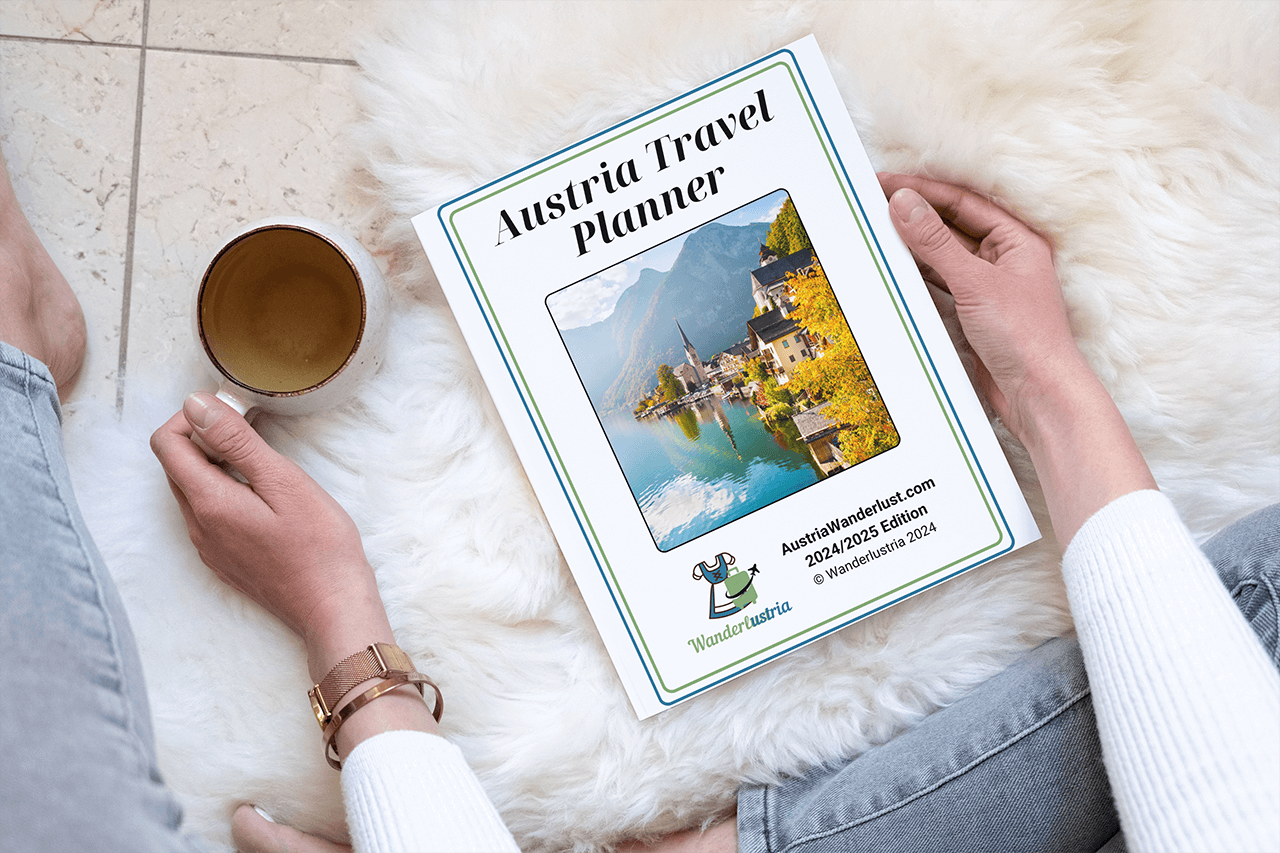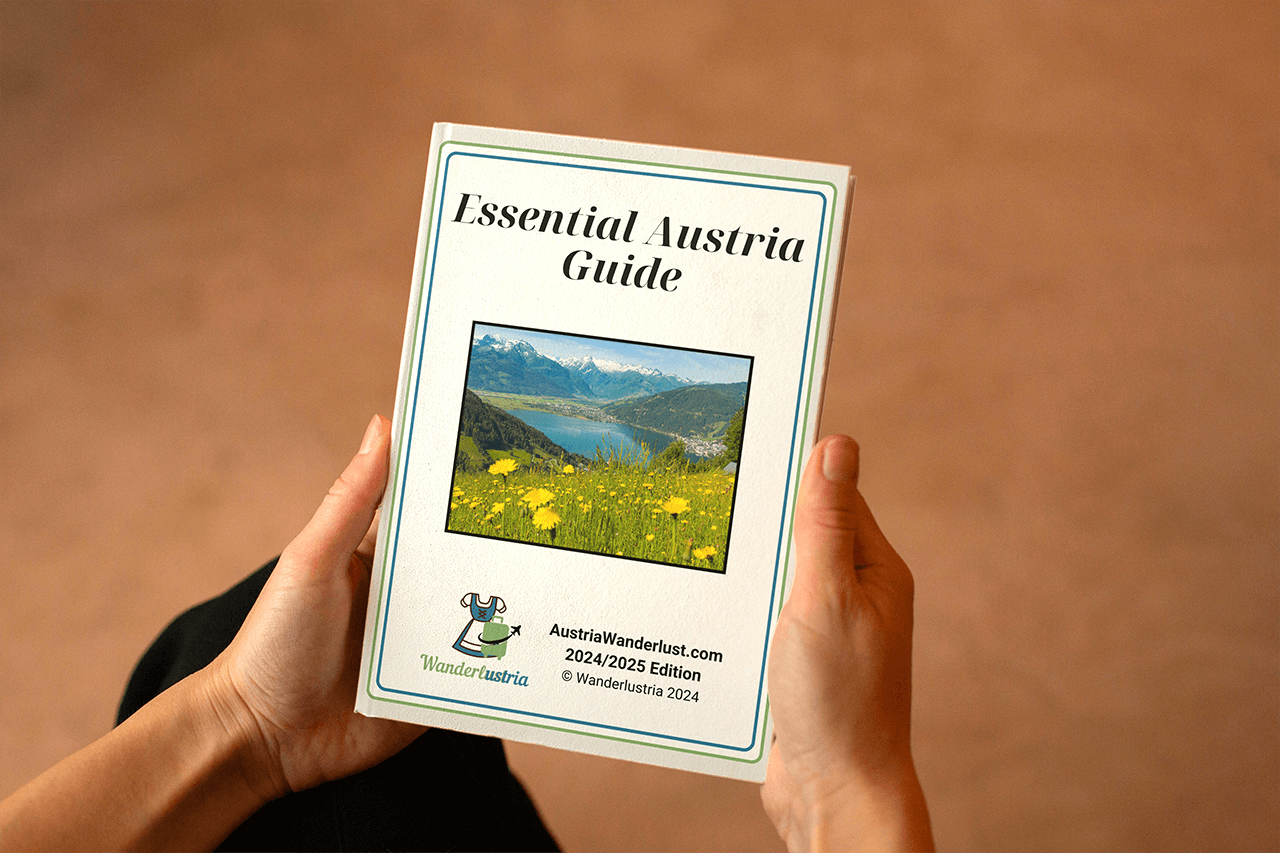Austria Travel Planning Essentials
A Brief History
The Romans, Charlemagne, the Babenbergs, and the Habsburgs have all shaped Austria.
From the 4th century BC, Celtic tribes lived in what is now Austria. At the end of the 1st century BC, the Romans established Vindabona (Vienna). Around 800, Charlemagne, the king of the Franks and the first Holy Roman Emperor established a territory in the Danube valley known as the Ostmark (Eastern March).
Show More
In 976, Leopold I of Babenberg became count of the Eastern March and in 996, the Ostmark was first referred to as “Ostarrichi”. This name eventually became Österreich, which translates as the Eastern (Oster) realm (reich) or Austria, as it is known in English. In 1145, under Henry II, Duke of Austria, Vienna became the capital of the Babenberg dynasty, and Vienna became an important trading centre for the Crusaders on their way to the East. In 1246, the last Babenberg died, and in 1273, Rudolf von Habsburg became the Holy Roman Emperor. Rudolf I’s success in the Battle of Marchfeld where he defeated King Ottakar II of Bohemia marked the beginning of the Habsburg dynasty, lasting over 600 years. Through key marriages, the Habsburgs expanded their influence across central Europe.
The French Revolution and the subsequent Napoleonic Wars led to the dissolution of the Holy Roman Empire and the establishment of the Austrian Empire and in 1867, the Austro-Hungarian Empire. At its dominance, the Austro-Hungarian Empire comprised Austria, Hungary, Czech Republic, Slovakia, Slovenia, Bosnia, Croatia, and parts of present Poland, Romania, Italy, Ukraine, Moldova, Serbia, and Montenegro.
In 1914, the assassination of Archduke Ferdinand, the heir to the Austrian throne, led to World War I. After World War I, the Austro-Hungarian Empire ended with the formation of the First Republic of Austria. In 1938, Austria was annexed (Anschluss) into the German Reich. At the end of WWII, Austria was liberated and controlled by the four Allied powers: the US, the UK, France, and the Soviet Union. The Austrian State Treaty was signed in May 1955, and on 26 October 1955, all occupation troops left Austria, and Austria declared its permanent neutrality by an act of parliament, ensuring that modern Austria would align with neither NATO nor the Soviet bloc. This day is now Austria’s National Day, a public holiday.
This article may contain compensated links. See our full disclaimer here. If you purchase through any of these links, we may earn a small commission at no extra cost to you. The commissions help us provide valuable travel tips and guides for free. Thank you!
Austria
Austria is a relatively small, landlocked country in Central Europe of only 83,872 km2 – about the size of South Carolina. Austria is bordered by eight countries Germany and the Czech Republic in the north, Hungary and Slovakia in the east, Italy and Slovenia to the south, and Switzerland and Liechtenstein to the west.
More than 65% of Austria is above 500 m (1640 feet), with the Großglockner, Austria’s highest mountain at 3,798 m (12,460 feet).
Vienna is the capital of Austria and is in the east of the country on the Donau (Danube) River and home to approximately 2 million people.
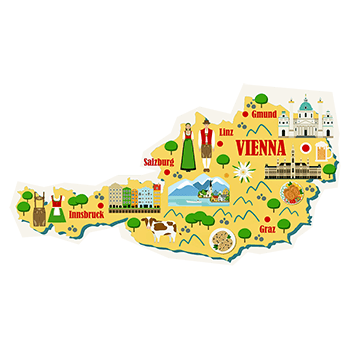
Trip Planning Essentials

Travel Tips and Information

Holidays

When to visit

Visas

Events and Festivals
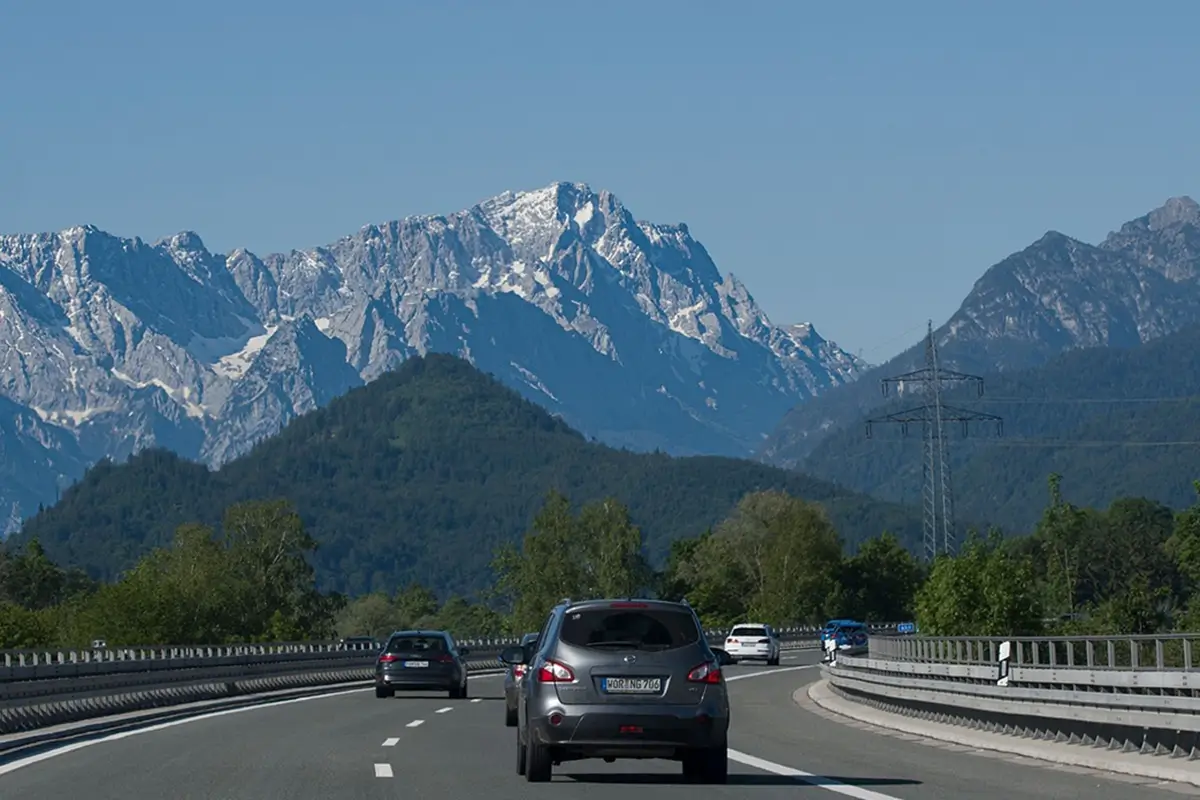
Driving in Austria

Renting a Car in Austria

Using your Mobile Phone in Austria
Trip Planning
Click on one of the topics below to start planning your dream trip to Austria.
Need Help Planning your dream Austria Holiday?
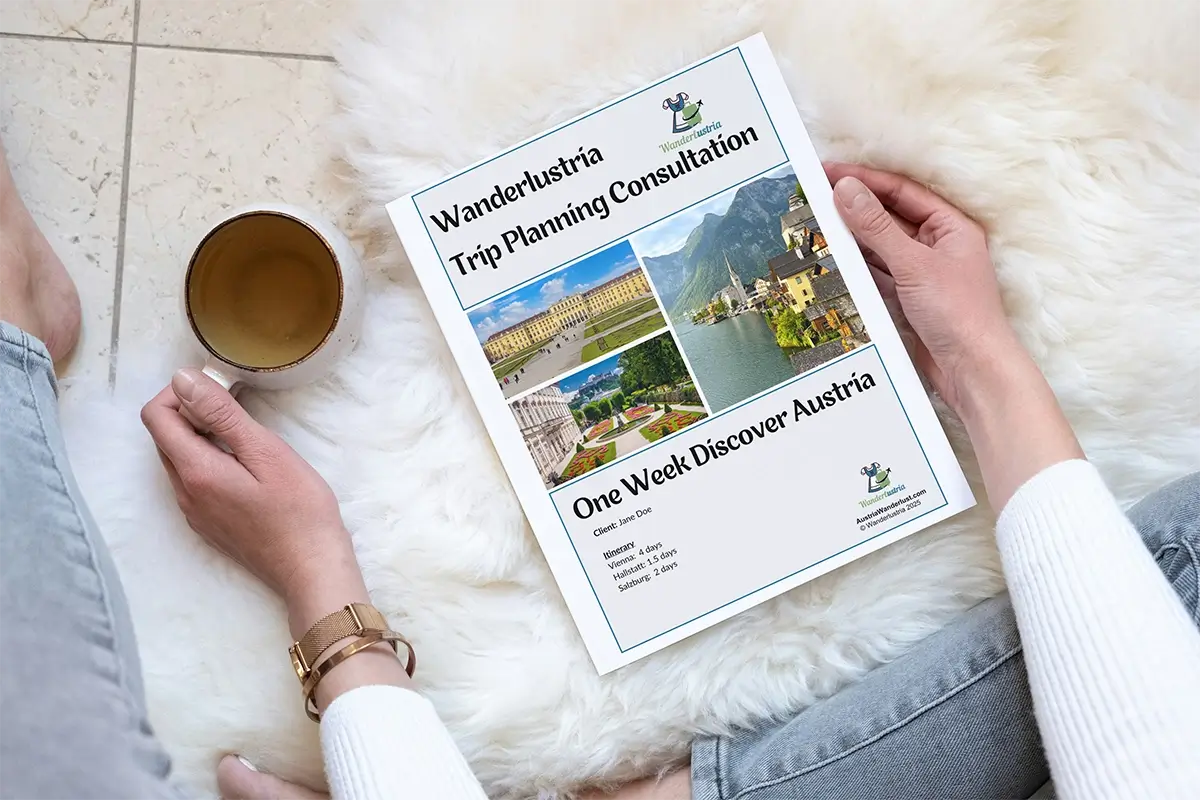
Expert advice to help you plan your Austria holiday.
Book an Austria Trip Planning Consultation
We help you plan your dream Austrian holiday.
The Wanderlustria Trip Planning Service provides advice on everything you need to know about planning your holiday to Austria- from hotels to tours, where to get the best tickets, train and road trips and share our favourite places and activities to ensure your Austria holiday is memorable.
Wanderlusting where else to visit in Austria?
Read these Articles for Recommendations, Tips and Advice on Sights to See and Things to Do
Plan your Austrian Holiday
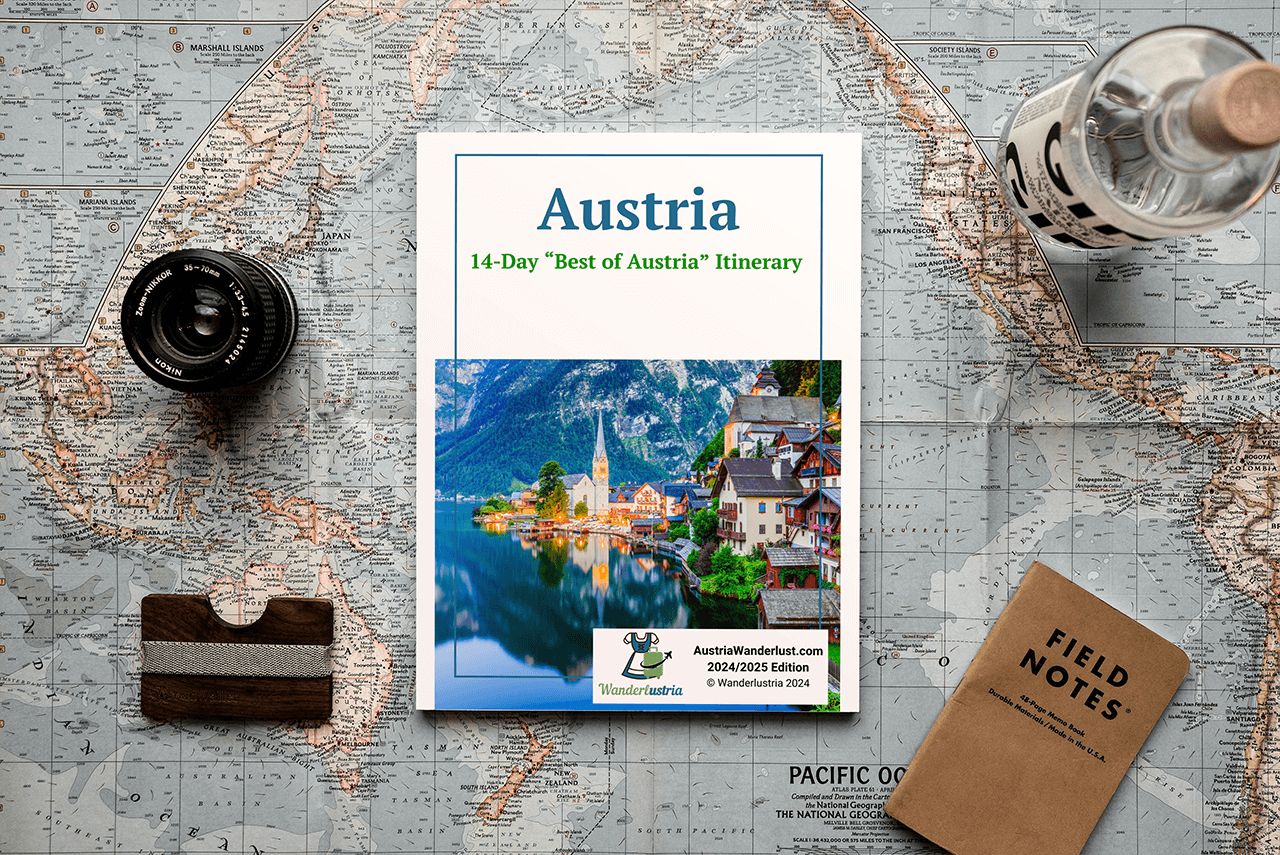
Download your free 14-day Best of Austria Itinerary
You have Successfully Subscribed!
Discover the Wanderlustria's Templates and Guides in our Shop
Austria Travel Planner
Customised Templates and Checklists for Planning your trip to Austria. Inspire and Record your research, compare trip options and summarise all important details of your trip.
Austria Essential
Up-to-date essential information, tips, and hints. Where and What to Eat, Accommodation tips, money saving tips and much more
Vienna Christmas Market Itinerary
A three-day itinerary visiting 10 Vienna Christmas Markets. Including recommendations on where to stay, best Christmas Market Foods and Souvenirs and other Vienna sights to see.
Find out more
How to Use your Mobile Phone in Austria
Ensure that you stay connected while you travel in Austria. Here is what you need to know about how to use your mobile phone in Austria while travelling.
How to Budget for your Austrian Trip
How much does a trip to Austria cost? We have compiled a guide of the main costs that you need to budget for when planning trip to Austria.
Ultimate Guide on How to Plan your Trip to Austria
Ready to start planning your trip to Austria? But do not know where to start? Read our easy 15-step by step Guide for planning a trip to Austria.
Austria Holidays 2024/2025
Here are a list of Austrian holidays to help you plan your trip to Austria
Austria Travel Visas
The basics about Schengen zone visas, passports and ETIAS and links to the official websites
When is the best time to visit Austria?
Austria is a year round travel destination. Find information to plan the best time for you to visit Austria.
Best Places To Visit in Austria
Everywhere you turn there is an amazing location in Austria. Here is the ultimate guide to the Top 16 Austrian Destinations.
